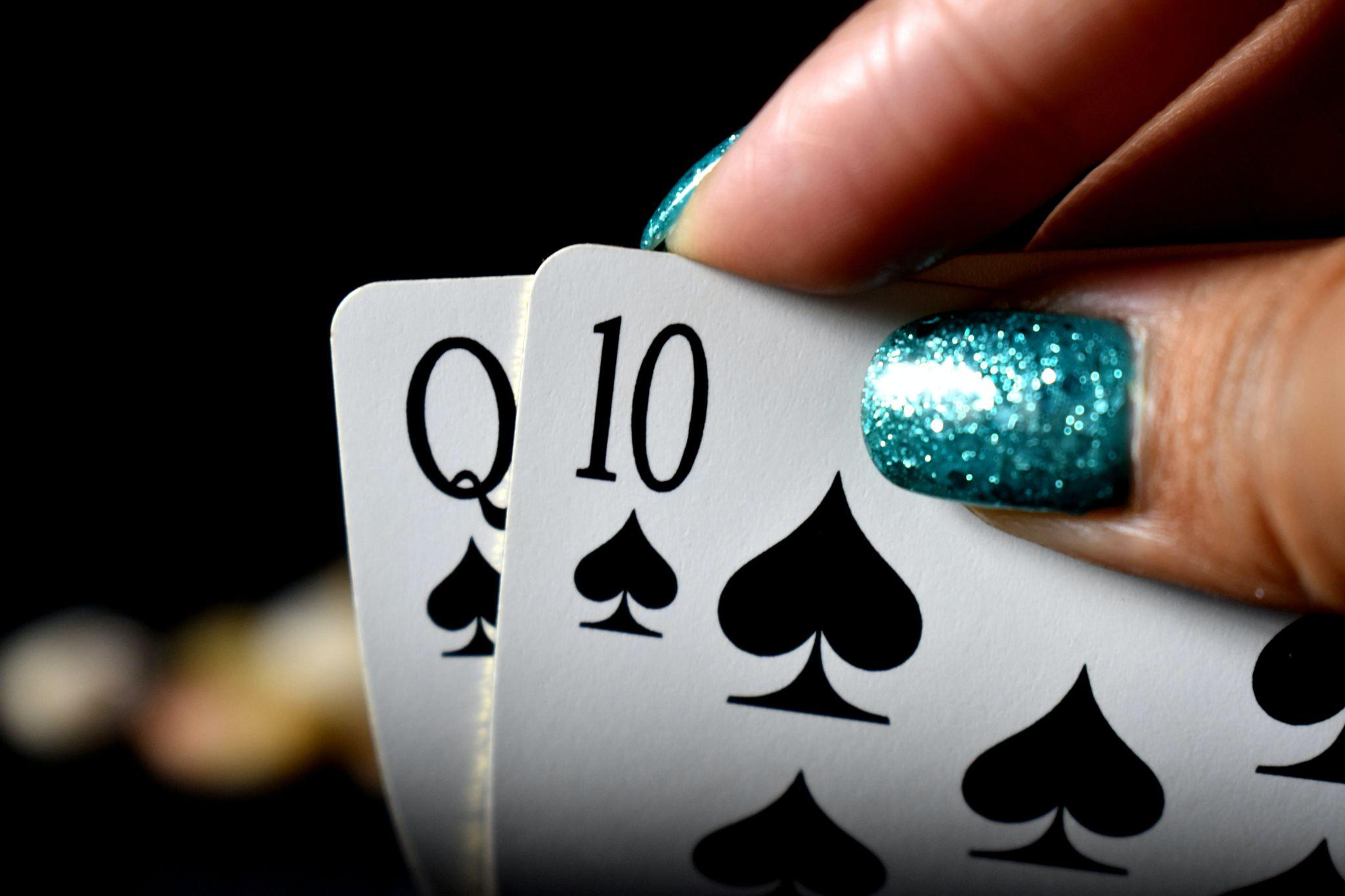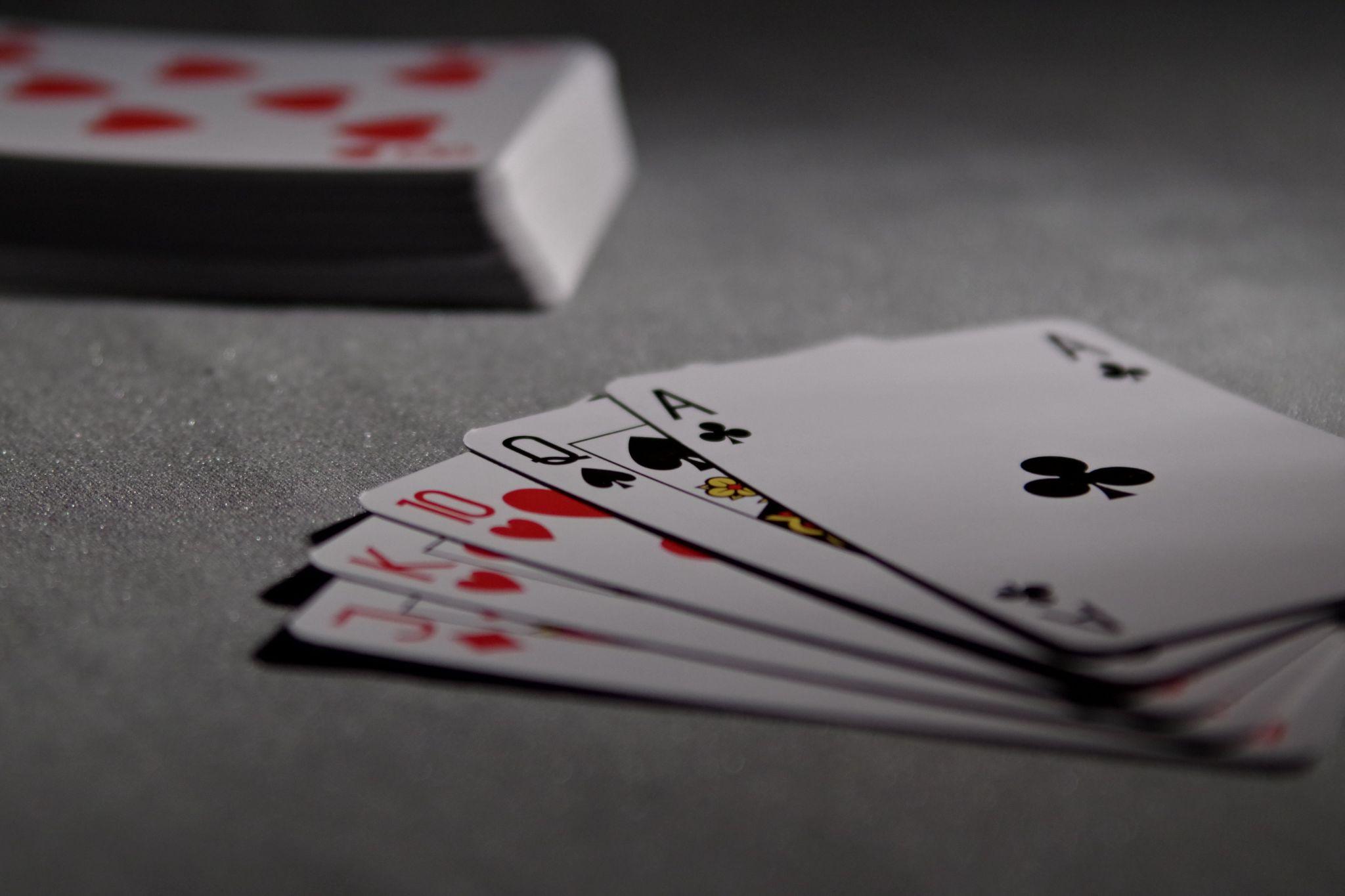Gaming
Unraveling What is Slow Rolling in Poker

Explore the world of slow rolling in poker. Uncover its psychology, ethics, and real-world scenarios.
Unraveling What is Slow Rolling in Poker
Dive into the world of poker and its strategic nuances with this article on slow rolling. A term adding depth and sometimes controversy, slow rolling is a pivotal concept in poker. The article not only clarifies what slow rolling entails but also explores its psychological aspects and impacts on gameplay. It’s essential reading for anyone, from poker newbies to seasoned players, seeking to understand this complex tactic.
And for those looking to enhance their poker experience, discovering offerings like a “200% Deposit Bonus” can add another layer of excitement to the game, providing additional resources to test new strategies and deepen their understanding of poker’s intricate dynamics.
Decoding Slow Rolling
In the intricate tapestry of poker, the term “slow rolling” adds a layer of complexity and controversy to the game’s dynamics. This section serves as a guide to unravel the nuances of slow rolling, examining its definition, manifestations, psychology, ethical considerations, and impact on poker dynamics.
Slow rolling, fundamentally, is the intentional delay in revealing a winning hand when a player is aware of their superior cards. This strategic maneuver is designed to elicit reactions from opponents, infuse suspense into the showdown, and project an air of dominance.
This deliberate act primarily unfolds during the showdown, where a player, after confidently placing a bet, prolongs the reveal of their winning hand. The intentional delay, in contrast to standard poker etiquette, serves as a psychological tactic to create tension and potentially tilt opponents.
The psychology behind slow rolling is multifaceted. Players deploy this strategy to gain a psychological edge by inducing frustration and unsettling their adversaries. The deliberate delay becomes a tool for asserting dominance at the table, capitalizing on the emotional dynamics inherent in poker gameplay.
While slow rolling is technically within the rules of poker, ethical considerations loom large. Many players perceive it as unsportsmanlike behavior, breaching the unwritten code of courtesy and respect that governs poker etiquette. This deliberate attempt to agitate opponents can lead to a strained atmosphere at the table, impacting the overall camaraderie of the game.
Beyond the immediate hand, slow rolling can have lasting effects on poker dynamics. Players who experience a slow roll may carry that sentiment into subsequent hands, influencing their strategic decisions and altering the overall flow of the game.
Real-world Instances
The enigmatic phenomenon of slow rolling isn’t confined to theoretical discussions—it unfolds in the high-stakes drama of real-world poker games. Examining instances where slow rolling manifests provides insight into the diverse contexts, motivations, and consequences associated with this controversial tactic.
In live poker tournaments or cash games, slow rolling often materializes during critical showdown moments. Picture a scenario where two players engage in a tense battle, accumulating sizable pots. As the river card is revealed, one player, holding an unquestionably superior hand, deliberately hesitates before unveiling their cards. This intentional delay creates a palpable tension, heightening the emotional stakes for all players involved.
Real-world instances of slow rolling vary in intensity and strategic intent. Some players employ it as a calculated move to exploit their opponents’ emotional vulnerability, leveraging the psychological impact for future hands. Others may view it as a playful tactic to inject drama into the game, transforming it into a theatrical performance.
However, slow rolling is not universally embraced in the poker community. In instances where the tactic is perceived as disrespectful or unsportsmanlike, it can escalate into heated confrontations at the table. The emotions elicited by a slow roll, ranging from frustration to anger, often linger beyond the specific hand, influencing subsequent interactions and strategic decisions.
The ramifications of real-world slow rolling extend beyond individual hands and can affect the overall atmosphere of a poker game. Players who feel targeted or agitated by slow rolling may become more conservative or aggressive in response, altering the strategic landscape. Consequently, slow rolling introduces an element of unpredictability that transcends the mere mechanics of revealing cards.
While some players defend slow rolling as a legitimate strategy within the rules of the game, others advocate for a more sportsmanlike approach, emphasizing respect and courtesy. Real-world instances of slow rolling thus reflect the complex interplay between strategy, psychology, and the social dynamics inherent in the vibrant tapestry of poker.
Poker Etiquette and Fair Play
In the dynamic realm of poker, where strategy and psychology intersect, the concept of slow rolling introduces an ethical dimension that extends beyond the technicalities of the game. Understanding poker etiquette and embracing fair play are integral to maintaining a harmonious and enjoyable environment at the table.
One of the fundamental tenets of poker etiquette is respect for opponents. Slow rolling, when perceived as a deliberate act to taunt or disrespect, can violate this principle. The poker community values sportsmanship, emphasizing fair treatment and courtesy. Players are expected to navigate the strategic intricacies of the game with a sense of decorum, recognizing that ethical conduct enhances the overall poker experience.
Fair play extends to the concept of timely and transparent decision-making. Deliberate delays, especially when a player holds an obvious winning hand, can be seen as a breach of fair play. Timely reveals uphold the fluidity of the game, ensuring that strategic moves are made with clarity and in adherence to established norms.
Beyond the technical rules, poker etiquette encompasses the emotional dynamics at the table. The goal is to create an atmosphere where competition coexists with mutual respect. Slow rolling, even if strategically sound, can disrupt this delicate balance, introducing an element of contention that may transcend the specific hand and influence subsequent interactions.
The poker community, diverse in its player base and playing styles, upholds a shared responsibility for promoting fair play and courteous behavior. Tournaments and casino games often have explicit rules addressing slow rolling, reflecting the collective commitment to maintaining an environment where players feel respected and the focus remains on skillful competition.
As players engage in the thrilling dance of poker, understanding and adhering to etiquette and fair play become crucial elements in preserving the integrity of the game. Beyond the strategic maneuvers and psychological battles, a commitment to respectful conduct ensures that the poker table remains a space where players can immerse themselves in the challenge and camaraderie that define this captivating card game.
Psychological Dimensions
Beneath slow rolling in poker lies a rich tapestry of psychological dimensions shaping player interactions, reactions, and motivations. Unraveling the intricate psychology behind slow rolling adds depth to the game’s strategic nuances, providing insights into human behavior dynamics at the poker table.
A fundamental aspect involves intentional emotion manipulation. Deliberate delays in revealing a winning hand trigger heightened emotional responses, inducing opponents to make suboptimal decisions. Slow rolling delves into dominance and control, with the player assuming a position of power to exploit adversaries’ vulnerabilities strategically.
Additionally, slow rolling aims to create a lasting psychological impact, lingering in opponents’ memories and influencing future strategies. However, it can backfire if perceived as unsportsmanlike, leading to animosity and altering the emotional climate at the table.
Conclusion
The exploration of “what is slow rolling in poker” reveals a multifaceted aspect of the game that extends beyond mere card mechanics. Slow rolling, with its strategic complexities, real-world instances, poker etiquette considerations, and psychological dimensions, adds layers of intrigue and dynamics to the poker table. Whether viewed as a calculated tactic, a playful maneuver, or an unsportsmanlike behavior, slow rolling is deeply rooted in the psychology of human interactions.
Players navigate a delicate balance between competition and camaraderie, employing slow rolling as a tool within the broader framework of poker strategy. Understanding its nuances enriches the poker experience, fostering a deeper appreciation for the intricate interplay of skill, psychology, and social dynamics that define the world of poker. As players engage in the timeless dance of strategy and deception, the concept of slow rolling remains a compelling chapter in the ever-evolving narrative of this captivating card game.
SEE ALSO: Epic Games Store Reveals Free Mystery Game – What’s Coming Next?































